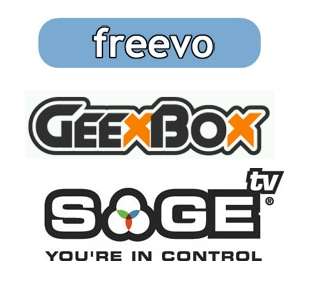The MythTV Convergence
Detailed Comparison Chart
There are other Linux-based media applications that can produce a similar media experience, and repurpose standard-fare computer equipment as video recording and playback gear. Freevo and GeexBox are two likely examples, but they fail to match the feature sets for either MCE or MythTV. The following table outlines some of the prominent differences between the latter pair of products.
| MythTV | MCE 2005 |
|---|---|
| Open Source; free to obtain, use, and modify | Proprietary; pay to obtain and use but not modify |
| Native, interchangeable codecs (both OSS and proprietary) | Proprietary codecs acquired separately |
| Support for MPEG2 transcoding | Third-party codecs provide MPEG2 |
| Setup requires moderate Linux know-how | Simple setup and configuration |
| Frontends for Linux, BSD, Mac OS X, feeds to Windows | Purely Windows with Xbox frontends and various extenders |
| Ultra-low system requirements | Moderate system requirements |
| Support for freely obtainable native and third-party plug-ins | Support for free and variably priced third-party plug-ins |
| Scalable network architecture (masters/slaves) | Basic network architecture (MCE and extenders) |
| Default format is a modified NuppelVideo (NUV) | Default format is a modified MPEG-2 (DVR-MS) |
Perhaps the most profound and telling advantage to MythTV is that its status as a community-based product means anyone can lend a hand in the development process. Possible contributions range from suggesting new and improved features, to creating and implementing new components. In fact, that is how many of the bundled plug-ins and add-ons found their way into the existing MythTV suite, and many more follow suit in each new release.
In the next article, we take a look at what truly distinguishes MythTV from all other media system software: its impressive scalable network architecture enables a staggering variety of topologies and arrangements that should have you dusting off and repurposing old systems just for the joy of putting them back to work.
Join our discussion on this topic
Get Tom's Hardware's best news and in-depth reviews, straight to your inbox.
Ed Tittel is a long-time IT writer, researcher and consultant, and occasional contributor to Tom’s Hardware. A Windows Insider MVP since 2018, he likes to cover OS-related driver, troubleshooting, and security topics.

